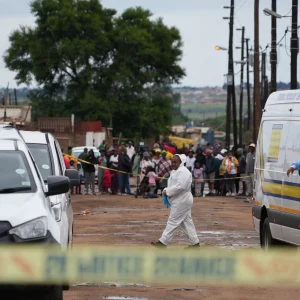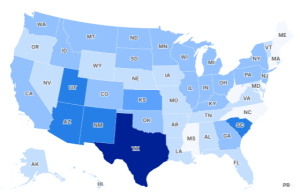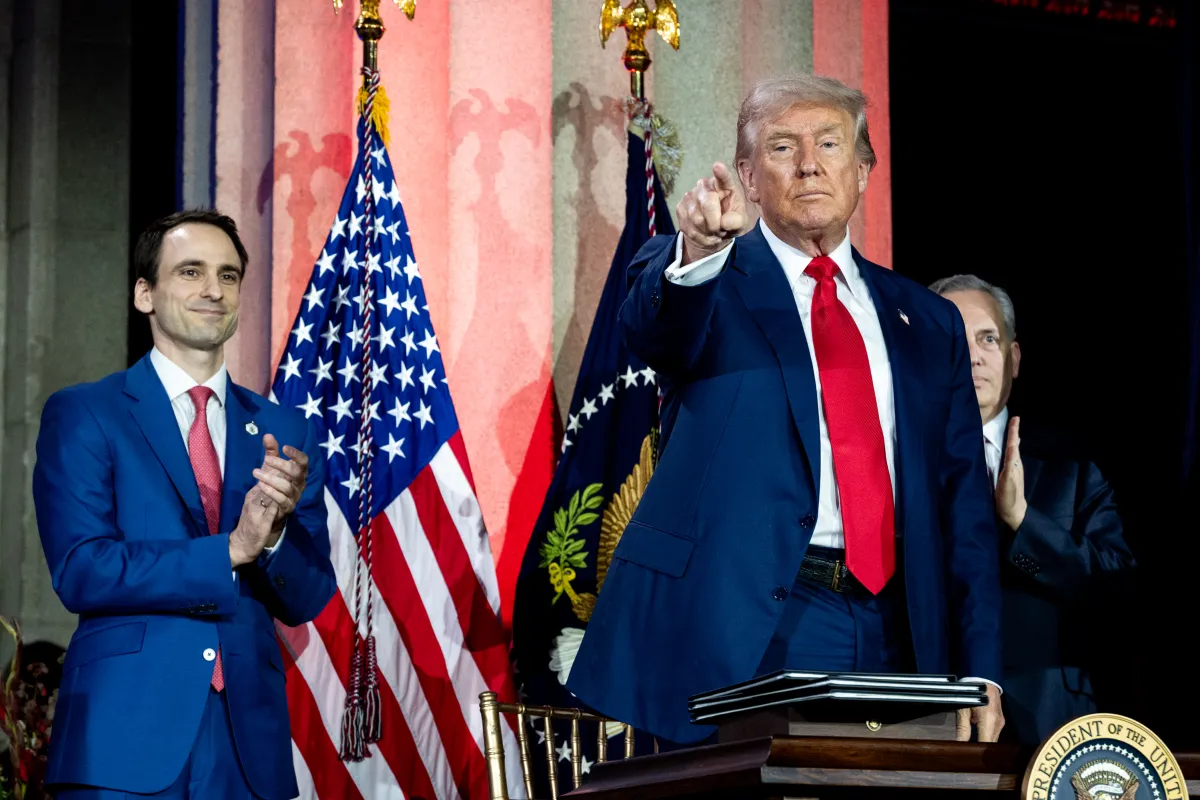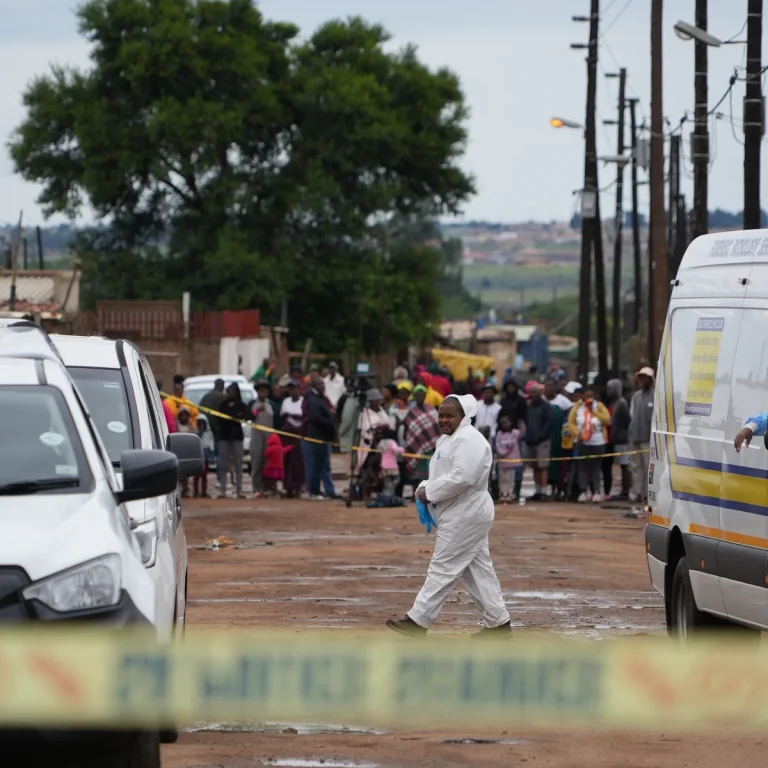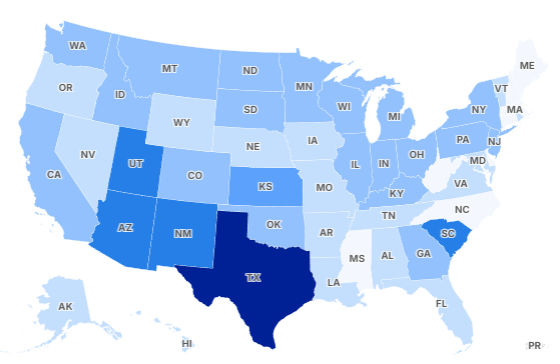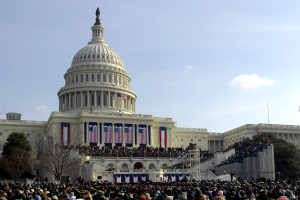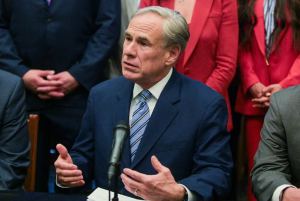In recent months, the U.S. government has ramped up its efforts to dismantle some of the most violent criminal networks in the Western Hemisphere, targeting organizations involved in large-scale drug trafficking, human smuggling, and transnational violence. These groups, many of which operate across Latin America, have been linked to surging flows of fentanyl and other deadly narcotics into the United States, as well as kidnappings, extortion, and violent crimes impacting communities across both sides of the border.
The campaign involves an unprecedented level of cooperation between federal agencies. The Departments of Justice, Homeland Security, and the Treasury are working alongside the Office of the Director of National Intelligence and other branches of government to track, disrupt, and dismantle the operational and financial structures of these organizations. Senior officials have emphasized that this effort is as much about cutting off revenue streams as it is about taking down individual leaders.
Several high-profile groups are in the crosshairs, including Venezuela’s Tren de Aragua and the Cartel de Los Soles, along with the El Salvador-rooted Mara Salvatrucha, better known as MS-13. These organizations have been implicated in large-scale drug production and distribution, as well as human trafficking operations that have devastated families and fueled regional instability.
President Nicolás Maduro of Venezuela, who has been in power since 2013, has emerged as a focal point of these efforts. The U.S. government has accused him of enabling and profiting from cartel operations—particularly through his alleged association with the Cartel de Los Soles. In an aggressive move, the Justice and State Departments recently announced a $50 million reward for information leading to Maduro’s arrest on charges tied to U.S. drug trafficking laws.
President Trump, since returning to the White House, has placed cartel dismantlement among his top national security priorities. On the campaign trail in 2024, he frequently criticized what he described as years of insufficient action against transnational criminal networks, even suggesting the possibility of direct action beyond traditional law enforcement measures. His administration has since implemented policies aimed at choking off cartel influence, from increasing tariffs on neighboring countries accused of failing to contain the flow of drugs and migrants, to instructing immigration authorities to prioritize individuals with confirmed gang affiliations.
In addition to enforcement, Trump has sought to highlight the human cost of cartel activity. He has invited families impacted by gang violence to the White House, promising to redirect seized cartel assets to victims. Public events have featured testimony from survivors and relatives of those killed in gang-related crimes, aiming to maintain public pressure and political momentum for aggressive action.
It is against this backdrop that a significant development has emerged: according to multiple sources familiar with the matter, the president has given the green light for the U.S. military to play a more direct role in counter-cartel operations. While federal law enforcement agencies traditionally take the lead in drug trafficking cases, this authorization expands the scope of possible responses, allowing U.S. forces to engage cartel targets not only at sea but also on land in certain circumstances.
This decision, first reported by The New York Times, represents the most forceful move yet by the Trump administration against these organizations. A source close to the White House described the president’s mindset bluntly: “The president is determined to not just dismantle – but completely destroy – Maduro’s Cartel de Los Soles and obliterate their operations in the Western Hemisphere.”
Officials stress that the expanded role for the military is not about unilateral invasions or open warfare with sovereign nations. Instead, they frame it as a targeted, intelligence-driven approach that could be deployed in high-risk scenarios where other U.S. agencies might lack the capacity or reach to neutralize cartel operations.
Deputy White House press secretary Anna Kelly underscored the administration’s rationale in a statement: “President Trump’s top priority is protecting the homeland, which is why he took the bold step to designate several cartels and gangs as foreign terrorist organizations.”
Whether this escalation leads to visible military activity in the region remains to be seen. But for now, the administration appears intent on signaling—to both the cartels and the governments where they operate—that the United States is prepared to use every tool available to confront the threat.

James Jenkins is a celebrated Pulitzer Prize-winning author whose work has reshaped the way readers think about social justice and human rights in America. Raised in Atlanta, Georgia, James grew up in a community that instilled in him both resilience and a strong sense of responsibility toward others. After studying political science and creative writing at Howard University, he worked as a journalist covering civil rights issues before dedicating himself fully to fiction. His novels are known for their sharp, empathetic portraits of marginalized communities and for weaving personal stories with broader political realities. Jenkins’s breakout novel, Shadows of Freedom, won national acclaim for its unflinching look at systemic inequality, while his more recent works explore themes of identity, resilience, and the fight for dignity in the face of oppression. Beyond his novels, James is an active public speaker, lecturing at universities and participating in nonprofit initiatives that support literacy and community empowerment. He believes that storytelling is a way to preserve history and inspire change. When not writing, James enjoys jazz music, mentoring young writers, and traveling with his family to explore cultures and stories around the world.
